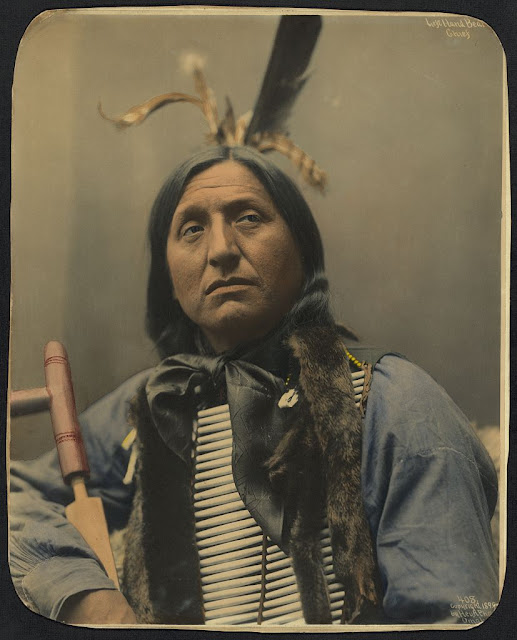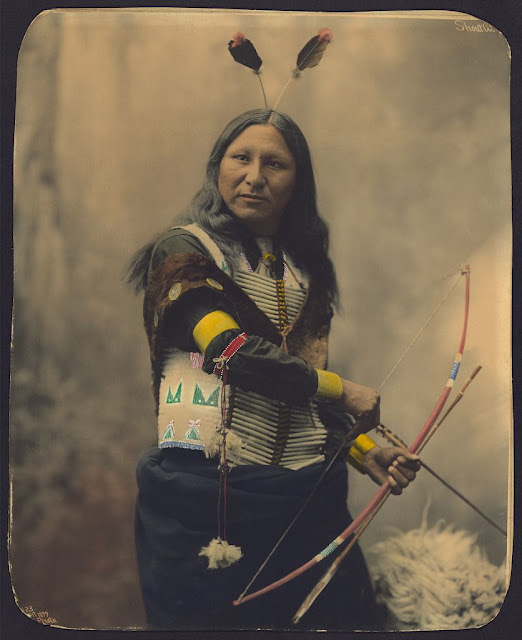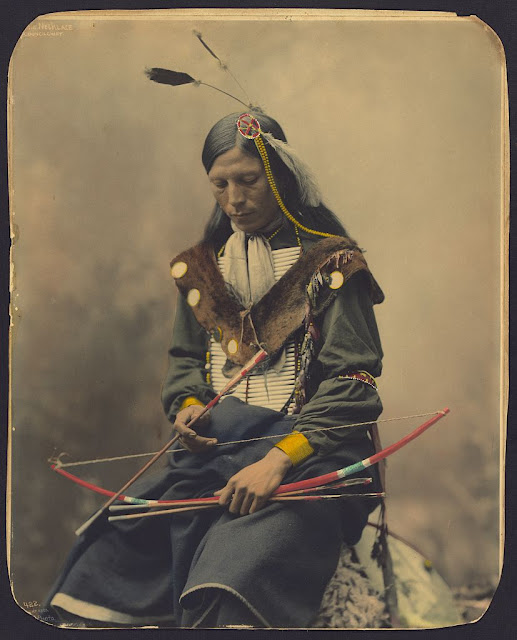There is much that is tragic in the story of Native America’s conflict with the European interlopers, particularly in the treatment of the Indians of the temperate forest lands east of the Missisippi by the young republic; the displacement of the Five Civilized Tribes to an utterly alien environment reeks of racialism. Yet the pretensions of the Plains Indians to exclusive rights over the heartland of the continent cannot, it seems to me, stand.
Their claim, the claim of less than a million people, to possess territories capable of supporting not only millions more directly settled, but of still more millions outside America waiting to be fed by those territories’ products, is the claim not of oppressed primitives but of the selfish rich. Here were not shy, self-effacing marginalists . . . but proud warrior nomads, who had taken from the Europeans what they coveted as a means to support their way of life, the horse and the gun, and then refused Europeans any share of the lands which horse and gun equipped them the better to exploit.
Little wonder that the European immigrants who made their way onto the Great Plains in the 19th century, Slavs of Eastern Europe, Russians from the Steppe, peoples whose history was suffused with memories of oppression by galloping, sword-wielding, slave-taking Hun, Mongol and Turkish nomads, should have felt so little pity for those other Mongoloid nomads whose interest in life seemed to subsist in hunting, pillaging, and war. If the Indians’ fate was to meet head-on in battle people as tough as themselves, veterans of a civil war in which brother had fought brother, Virginians had slain New Yorkers, Ohioans had burnt out Georgians, so be it.
There may be a poignant last hurrah about the Little Bighorn. I do not echo it.
— John Keegan, Fields Of Battle

![[Strikes]+With+Nose,+Chief](http://www.mardecortesbaja.com/wordpress/wp-content/uploads/Strikes+With+Nose+Chief.jpg)


